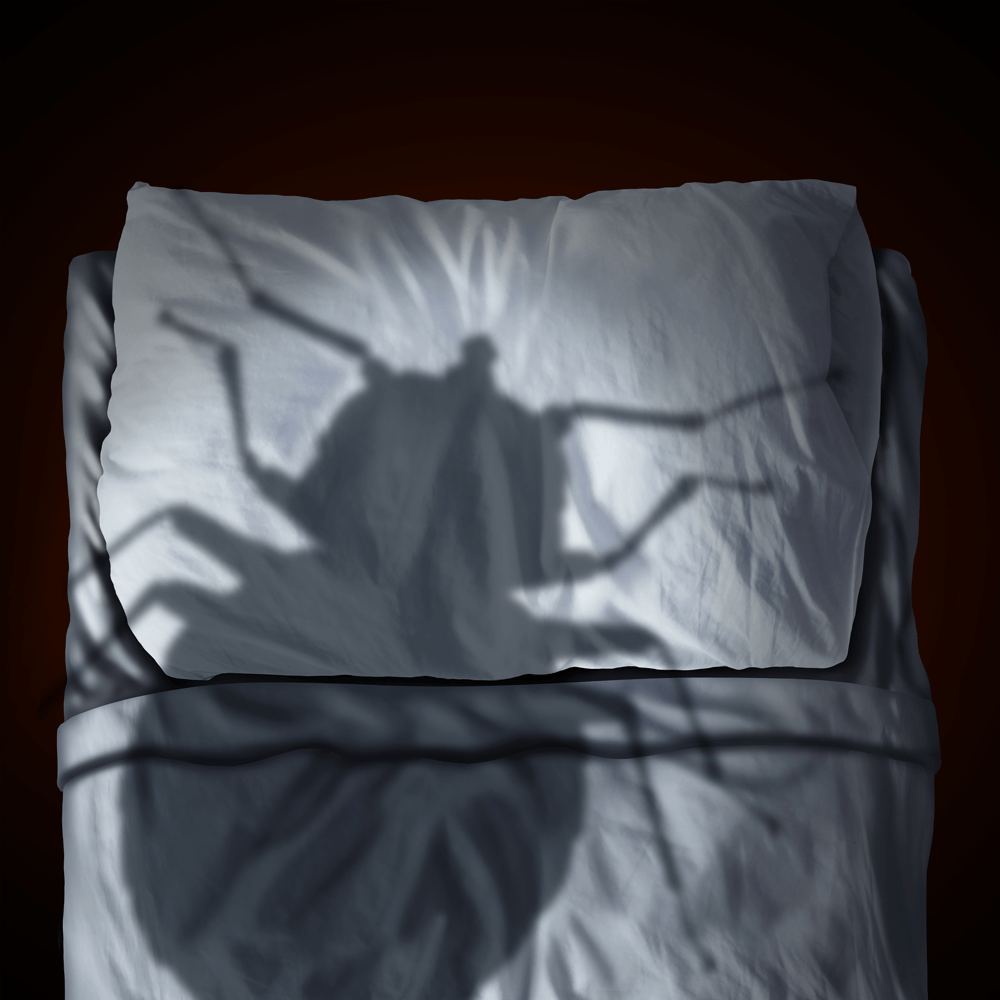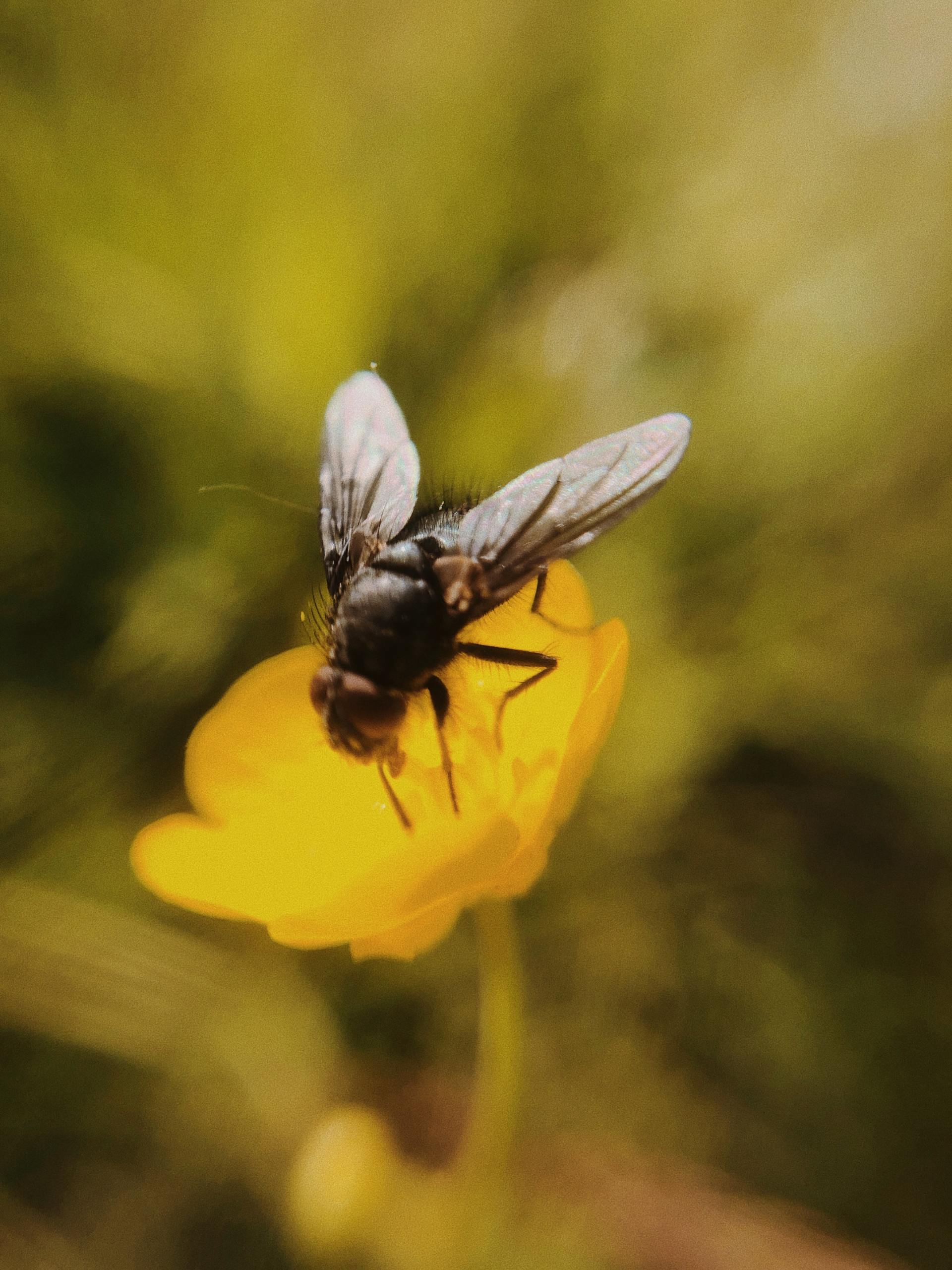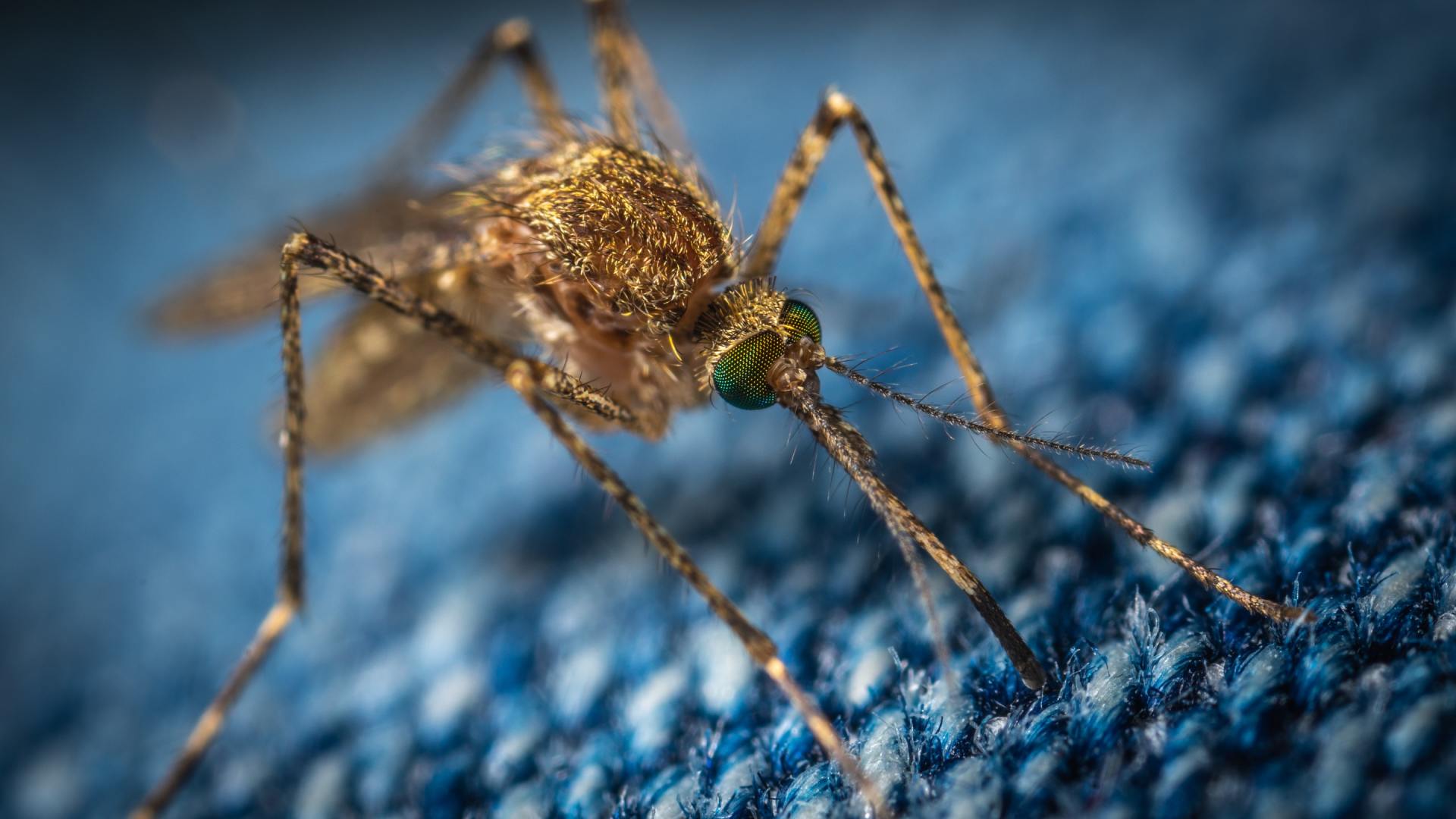Why Are We So Scared Of Spiders And Other Creepy Bugs?
October 24, 2019
Why Are We Afraid Of Bugs?
Many people have adverse reactions to spiders, centipedes, scorpions, and all sorts of other scary bugs. Reactions vary from disgust to anxiety to outright fear. These reactions are reasonable and should not be concerning. However, extreme fear responses can cause issues for some people in their normal activities and may become medical conditions requiring treatment.
Humans May Have Both Learned and Evolved to Be Wary of Spiders and Dangerous Bugs
Many scientists think that the human species has a genetic and evolutionary predisposition to be afraid of spiders and multi-legged bugs that can be dangerous. The theory is that our ancestors had responses to venomous animals, bugs, and spiders that caused genetic changes over time to hard-wire us to be cautious or even fearful of potentially harmful creatures. Some genetic traits are more persistent than others, and the natural fear of spiders seems very persistent through human history.
Some researchers point to the idea of “spider trauma.” When young children have scary experiences with spiders or other bugs or witness others having such experiences, the impression on the mind can last throughout their lives. Exposure to similar situations later in life can trigger the previous fear and anxiety felt in the past.
Social conditioning is also a likely explanation for a cultural fear of spiders and other scary bugs. Spiders are not creatures that people typically consider cuddling up with or keeping as a pet, and the fear of spiders and other insects is usually considered a more typical response. The feelings that adults have and express to their children make distinct impacts on how they react to similar conditions. While children usually enjoy digging around in the garden and playing with everything they find, as they grow older, they are provided modeling behaviors regarding reactions to spiders and certain types of other bugs.
Clinical Diagnoses For Extreme and Irrational Fear Responses to Spiders and Other Bugs
We are all familiar with the concept of phobias. Ordinary caution and fear responses to spiders is not a phobia, however. Phobias are conditions that can be medically diagnosed and treated. A phobia is generally defined as an anxiety disorder that causes irrational behavior in response to a triggering stimulus. Those who have a phobia often modify their behavior to avoid the things they are afraid of, and the imagined threat is typically not relatable to real risks or dangers. Phobias can cause altered behaviors, intense anxiety, and panic attacks.
Entomophobia is a clinical fear of bugs in general. Arachnophobia relates to fear of spiders, scorpions, and other eight-legged arachnids. Disabling fear of centipedes is known as Scolopendrphobia. Persons suffering from these types of phobias have symptoms ranging from serious physical reactions when seeing a spider or centipede up to becoming unable to handle activities in basements, attics, or even outdoors where spiders or other bugs may be encountered.
Handling Fear of Spiders and Other Bugs
Real phobias can be severe medical conditions that require professional treatment. Specific phobias are usually treated with therapy. Therapists use cognitive-behavioral therapy to address the connections between negative and anxious thoughts and particular objects or creatures that are feared. Effective treatment can help in breaking down the connection between spiders and other bugs and adverse thoughts and physical reactions. Some techniques also are effective at breaking down the hypersensitivity to the fearful spider or insect. In some cases, medication is needed to facilitate the full treatment of specific phobias.
Otherwise, usual aversion to spiders and other traditionally scary bugs can be handled by avoiding the creatures when possible and exterminating them when they conflict with the use of our homes and other spaces. Spiders and most other frightening bugs are creatures that seek out suitable habitat, including food and water. When professional treatments address exclusion and habitat control, spiders and insects can typically be controlled.
In all circumstances, professional pest treatments are effective at keeping spiders, millipedes, centipedes, and other bugs that cause feelings of fear or disgust away from our living spaces indoors and outdoors.
Humans May Have Both Learned and Evolved to Be Wary of Spiders and Dangerous Bugs
It is well-known among psychologists and scientists that spiders, scorpions, centipedes, and other frightening-looking bugs cause common and regularly repeating fear responses in humans. There are several theories
about why, including appearance, the danger of venom, cultural imprinting, and other reasons.
Some researchers point to the idea of “spider trauma.” When young children have scary experiences with spiders or other bugs or witness others having such experiences, the impression on the mind can last throughout their lives. Exposure to similar situations later in life can trigger the previous fear and anxiety felt in the past.
Social conditioning is also a likely explanation for a cultural fear of spiders and other scary bugs. Spiders are not creatures that people typically consider cuddling up with or keeping as a pet, and the fear of spiders and other insects is usually considered a more typical response. The feelings that adults have and express to their children make distinct impacts on how they react to similar conditions. While children usually enjoy digging around in the garden and playing with everything they find, as they grow older, they are provided modeling behaviors regarding reactions to spiders and certain types of other bugs.
Clinical Diagnoses For Extreme and Irrational Fear Responses to Spiders and Other Bugs
We are all familiar with the concept of phobias. Ordinary caution and fear responses to spiders is not a phobia, however. Phobias are conditions that can be medically diagnosed and treated. A phobia is generally defined as an anxiety disorder that causes irrational behavior in response to a triggering stimulus. Those who have a phobia often modify their behavior to avoid the things they are afraid of, and the imagined threat is typically not relatable to real risks or dangers. Phobias can cause altered behaviors, intense anxiety, and panic attacks.
Entomophobia is a clinical fear of bugs in general. Arachnophobia relates to fear of spiders, scorpions, and other eight-legged arachnids. Disabling fear of centipedes is known as Scolopendrphobia. Persons suffering from these types of phobias have symptoms ranging from serious physical reactions when seeing a spider or centipede up to becoming unable to handle activities in basements, attics, or even outdoors where spiders or other bugs may be encountered.
Handling Fear of Spiders and Other Bugs
Real phobias can be severe medical conditions that require professional treatment. Specific phobias are usually treated with therapy. Therapists use cognitive-behavioral therapy to address the connections between negative and anxious thoughts and particular objects or creatures that are feared. Effective treatment can help in breaking down the connection between spiders and other bugs and adverse thoughts and physical reactions. Some techniques also are effective at breaking down the hypersensitivity to the fearful spider or insect. In some cases, medication is needed to facilitate the full treatment of specific phobias.
Otherwise, usual aversion to spiders and other traditionally scary bugs can be handled by avoiding the creatures when possible and exterminating them when they conflict with the use of our homes and other spaces. Spiders and most other frightening bugs are creatures that seek out suitable habitat, including food and water. When professional treatments address exclusion and habitat control, spiders and insects can typically be controlled.
In all circumstances, professional pest treatments are effective at keeping spiders, millipedes, centipedes, and other bugs that cause feelings of fear or disgust away from our living spaces indoors and outdoors.






